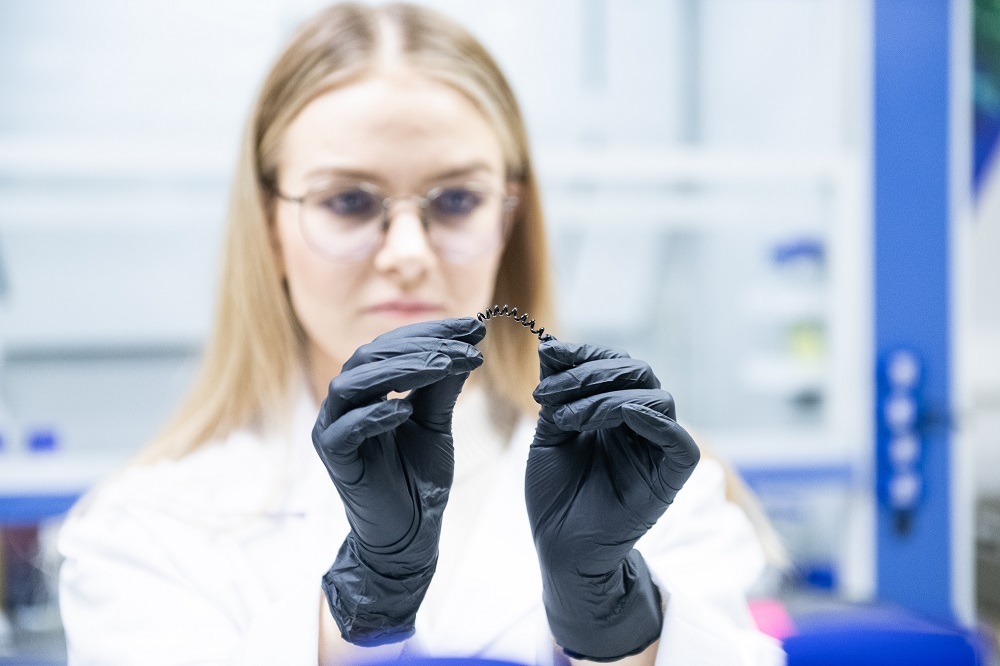Scientists at NUST MISIS have identified the optimal alloy manufacturing mode for endoprostheses
A more efficient technology for producing a new generation titanium alloy has been proposed at the MISIS University. The results will allow for the future creation of stronger hip joint endoprostheses using 3D printing, which do not contain alloying components, do not cause negative immune reactions from the body, and take into account the physiological characteristics of patients. This will help avoid repeat implant replacement surgeries for many patients.

